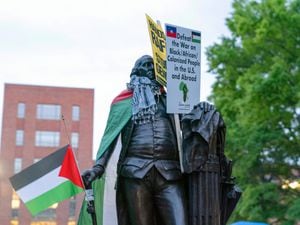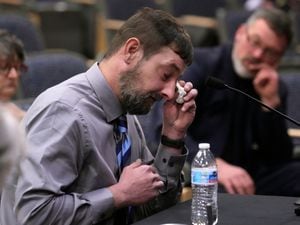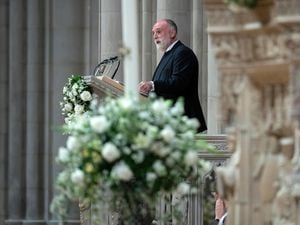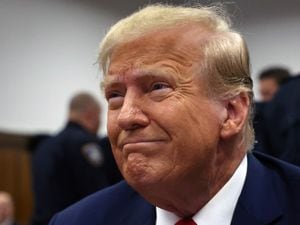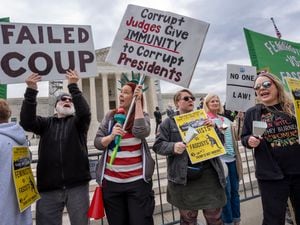Bolivian police abandon posts, increasing pressure on President Evo Morales
Police retreated to their barracks in at least three cities.
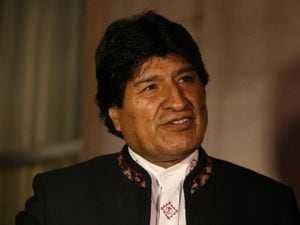
Police guards outside Bolivia’s presidential palace abandoned their posts on Saturday, increasing pressure on President Evo Morales after a disputed election.
Officers also climbed onto the roof of a nearby police station holding Bolivian flags and signs proclaiming “The Police with the People.”
Police retreated to their barracks in at least three cities, and there were reports that some in two cities were openly declaring mutinies.
The president, who was not at the palace at the time and appeared later at a military airfield outside La Paz, urged police to “preserve the security” of Bolivia and obey the rules.
Growing dissension in police ranks posed a new threat to Mr Morales, who claimed victory after the October 20 vote but has since faced protests in which three people have been killed and hundreds injured. Opponents contend the results were manipulated.
Mr Morales faces “the most complicated moment” in his 14 years in power and the situation could deteriorate, said Jorge Dulon, a political analyst at the Catholic University of Bolivia in La Paz.
Police units in some cities started protesting on Friday, marching in the streets in uniform as anti-government protesters cheered them from the sidewalks.
Defence Minister Javier Zabaleta initially played down the police protests, saying a “police mutiny occurred in a few regions”.
General Williams Kaliman, the military chief, said the army had no plans to intervene.
“We’ll never confront the people among whom we live. We guarantee peaceful co-existence,” General Kaliman said. “This is a political problem and it should be resolved within that realm.”
A list of demands from dissident police officers included better working conditions, the resignation of their commander and guarantees that they will not be used as a political “instrument of any government”.
At a news conference at the military base, Mr Morales appealed to Bolivia’s political factions to hold talks. He said the four parties that received the most votes in the nine-candidate election should sit down with “an open agenda to pacify Bolivia”.
Carlos Mesa, the main opposition leader and a former president who finished second in the October 20 vote, promptly rejected the suggestion.
“I have nothing to negotiate with Evo Morales, who has lost all grip on reality,” he said.
Another opposition leader, Luis Fernando Camacho, said the president “is looking for exits, when people demand his resignation and call for new elections”.
While appealing for dialogue, Mr Morales has also accused his opponents of trying to overthrow Bolivia’s rightful government.
The Organisation of American States is conducting an audit of the election count. Findings are expected on Monday or Tuesday.
The opposition, which has alleged vote-rigging, says it will not accept the results because they were not consulted about the audit plan.
Mr Morales ran seeking re-election to a fourth term after refusing to abide by the results of a referendum that upheld term limits for the president. The country’s constitutional court then ruled term limits violated his right to run for office.

